Electric toothbrushes have become an essential tool in modern oral care, offering various options tailored to different user needs. Among the most popular choices are the dry battery toothbrush, sonic electric toothbrush, and rotary toothbrush. This blog explores their differences, key features, and suitability for different users, helping businesses and consumers make informed decisions.
Key Features:
The dry battery toothbrush is a basic electric toothbrush powered by replaceable batteries, typically AA or AAA. Its simple design and affordability make it a popular choice for budget-conscious users.
Advantages:
Limitations:
However, dry battery toothbrushes generally have less power and fewer advanced features, making them less effective in thorough cleaning compared to their sonic or rotary counterparts.
Key Features:
The sonic electric toothbrush operates using high-frequency vibrations (typically 30,000–40,000 strokes per minute). These vibrations create a dynamic cleaning action that pushes fluid between teeth and along the gumline.
Advantages:
Market Insight:
The sonic electric toothbrush segment has grown rapidly due to increasing demand for advanced oral care solutions. Businesses in the sonic toothbrush market can leverage this trend by offering innovative designs tailored to specific demographics.
Key Features:
The rotary toothbrush uses a rotating and oscillating motion to clean teeth. These brushes typically rotate between 5,000 to 8,000 times per minute, delivering targeted cleaning action.
Advantages:
Limitations:
Rotary toothbrushes can sometimes feel aggressive, especially for users with sensitive gums or teeth. Manufacturers can address this by offering soft-bristle options and adjustable speed settings.
Comparison Overview:
Business Opportunities:
For B2B companies, understanding the unique selling points of each type can guide product development and marketing strategies. For instance, targeting travel-oriented consumers with dry battery models or focusing on high-tech markets with sonic toothbrushes can maximize market potential.
Each type has its advantages and limitations, catering to different user preferences and needs. By aligning product offerings with market demand, businesses can tap into the growing electric toothbrush market and build a competitive edge. Powsmart is a private label oral care manufacturer & factory covering sonic toothbrush, water flosser and teeth whitening products, FDA approved.
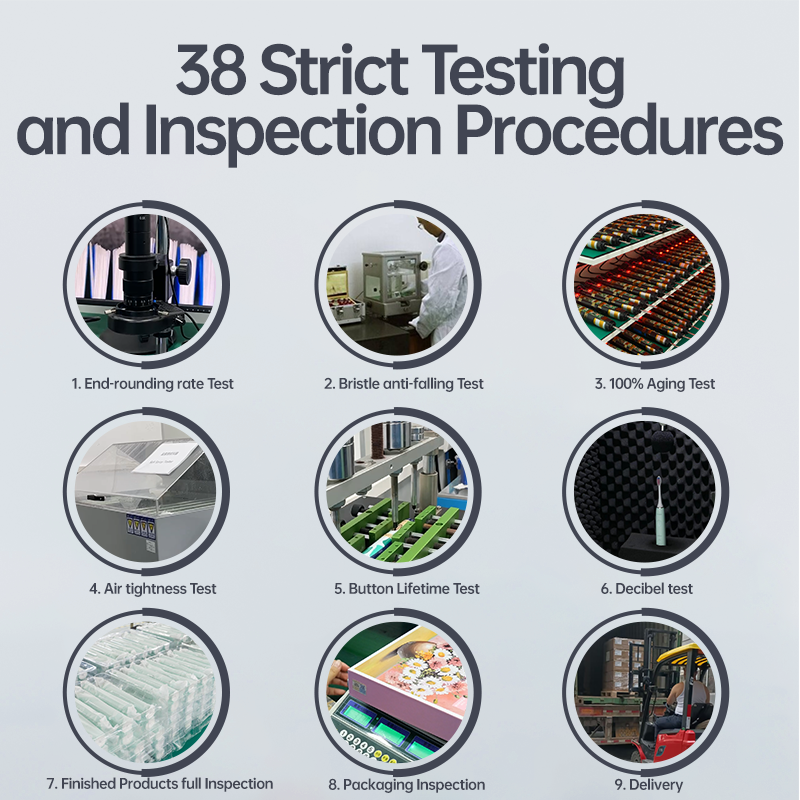
How to Ensure That a Factory’s Quality Control Process is Strict and Standardized
Nozzle Clogs + Water Leakage — Is Your Irrigator Still Usable?

The Stronger the Power for an Electric Toothbrush, the Better?

What is the Technical Core of an Electric Toothbrush?
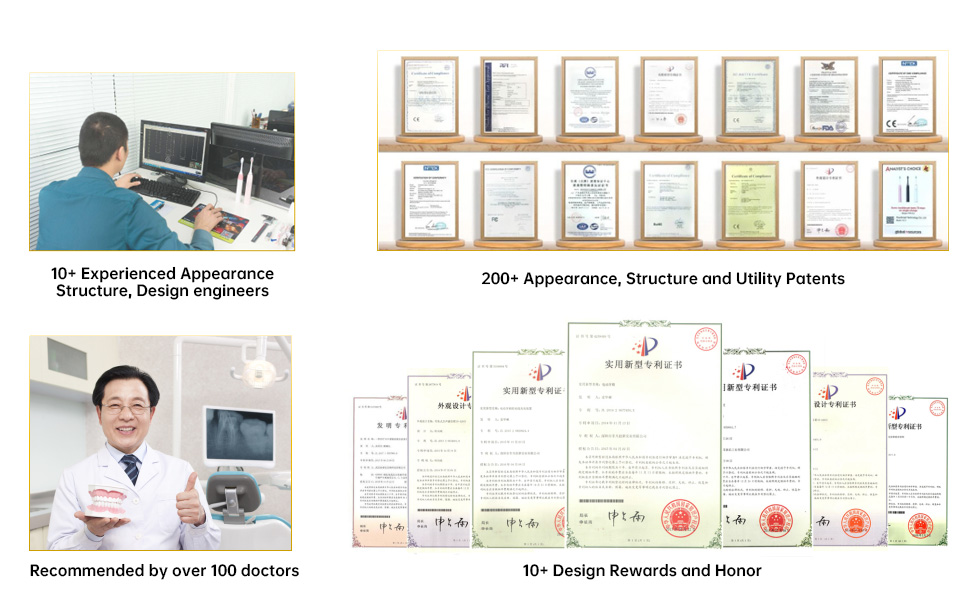
How to Judge Whether a factory’s R&D capabilities Is Strong?
Why Are Button Responsiveness Declines Tied to Battery Lifespan Inconsistency?

How Long Will It Take to See Results with the LED Teeth Whitening Device?
Are Bluetooth Disconnects Causing Battery Drain Speed?

Can I Use an Electric Toothbrush in the Shower?
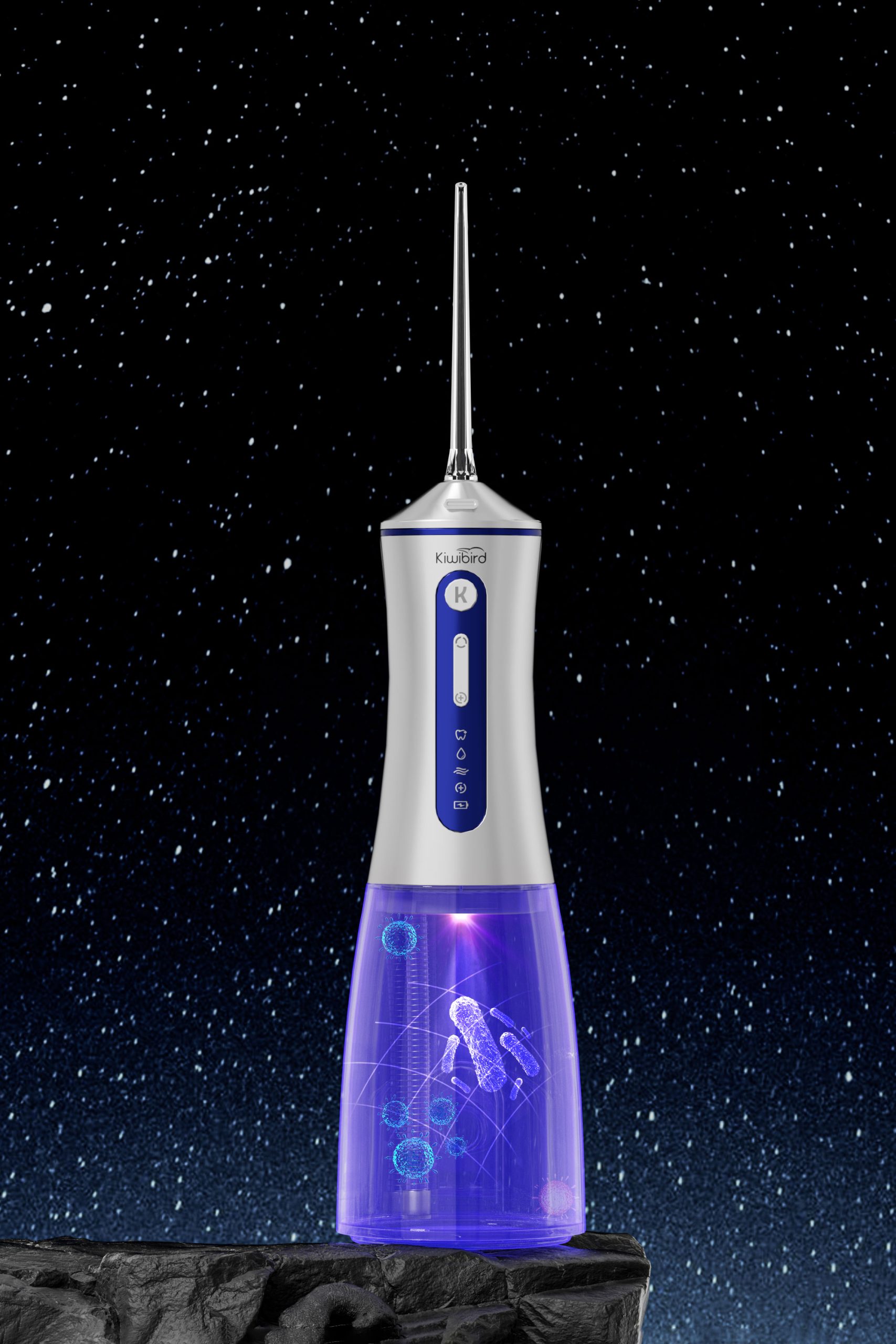
Analysis of the Core Technology of Ultraviolet Sterilization Water Flosser: How to Ensure 99% Sterilization Rate?
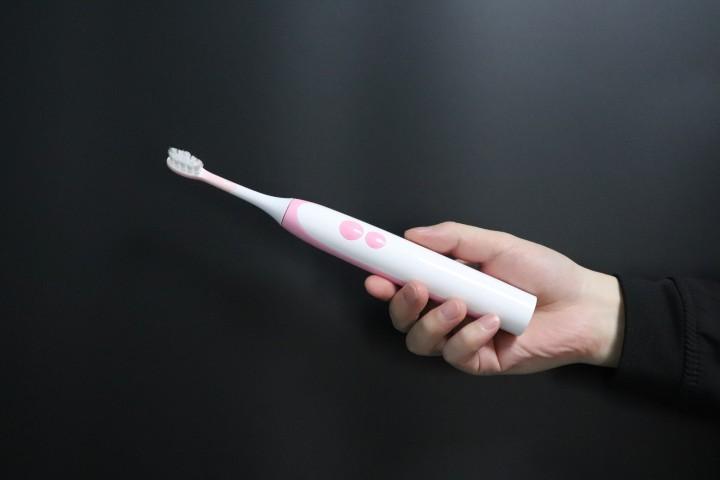
How Can an Electric Toothbrush Improve Your Oral Hygiene Habits?

What Are the Advantages of Home Dental Beauty Products?
Can Charging Base Instability Worsen Whitening Inefficacy?

What Are the Benefits of Our Patented Structural Design for Electric Toothbrushes?
How Do Travel Lock Jams Connect to Mode Switch Lag?
When Hose Blockages Meet Motor Overheating, How to Fix Fast?
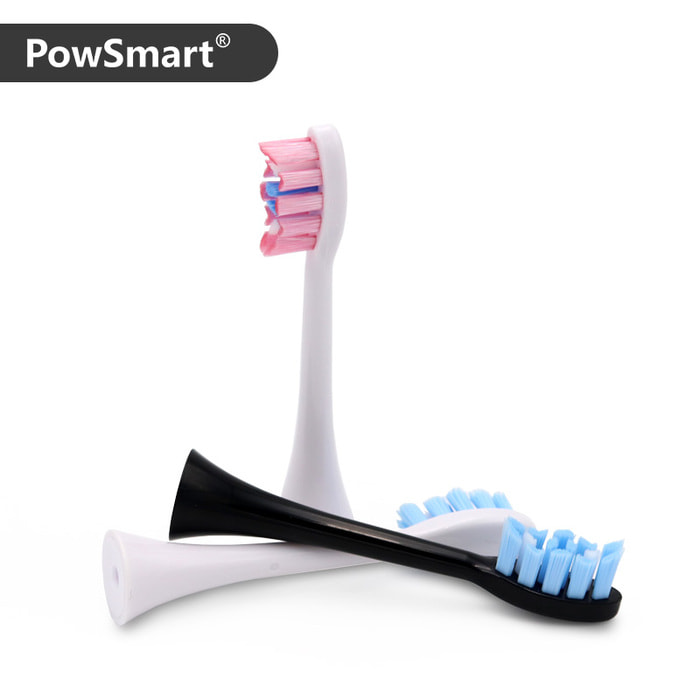
electric toothbrush heads Deep Clean
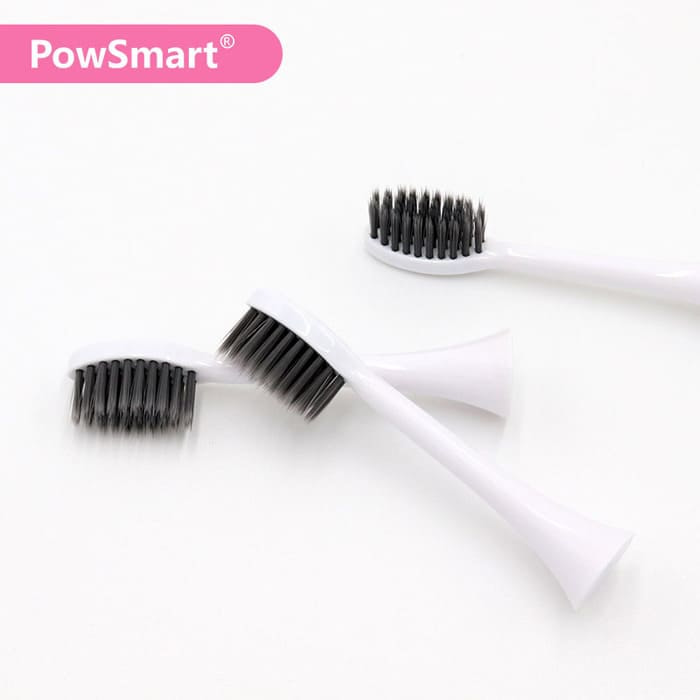
electric toothbrush heads Charcoal Infuse-Round
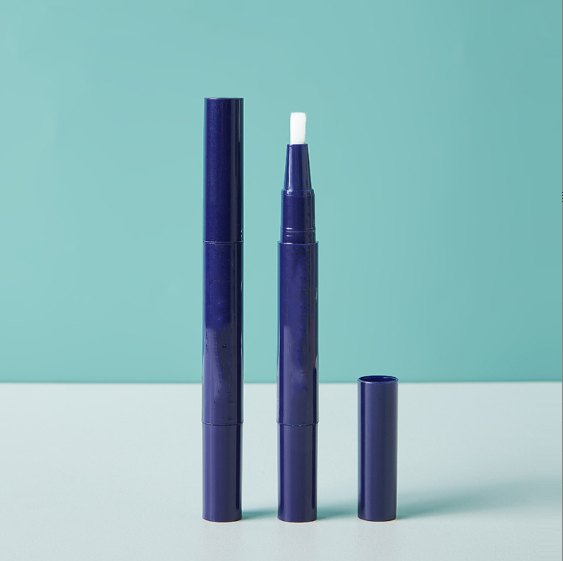
Private Label Whitening Gel
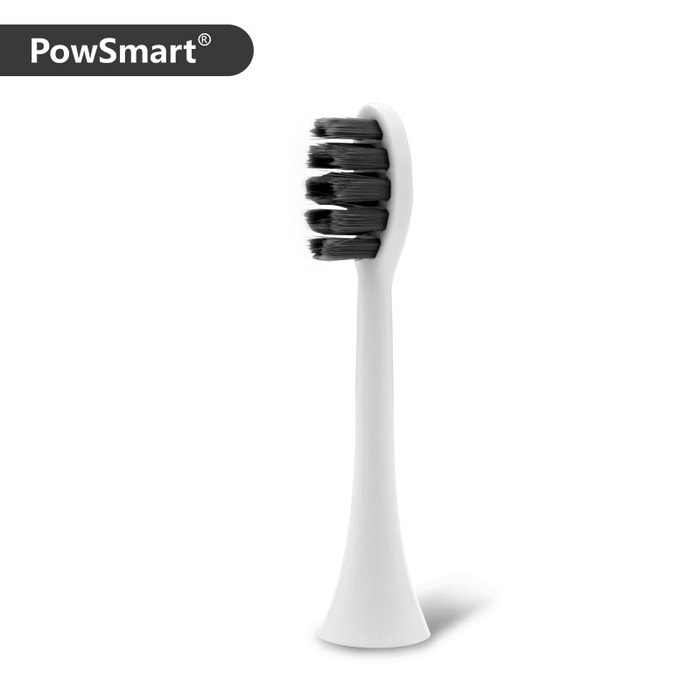
Electric toothbrush heads Charcoal Infused-Diamond
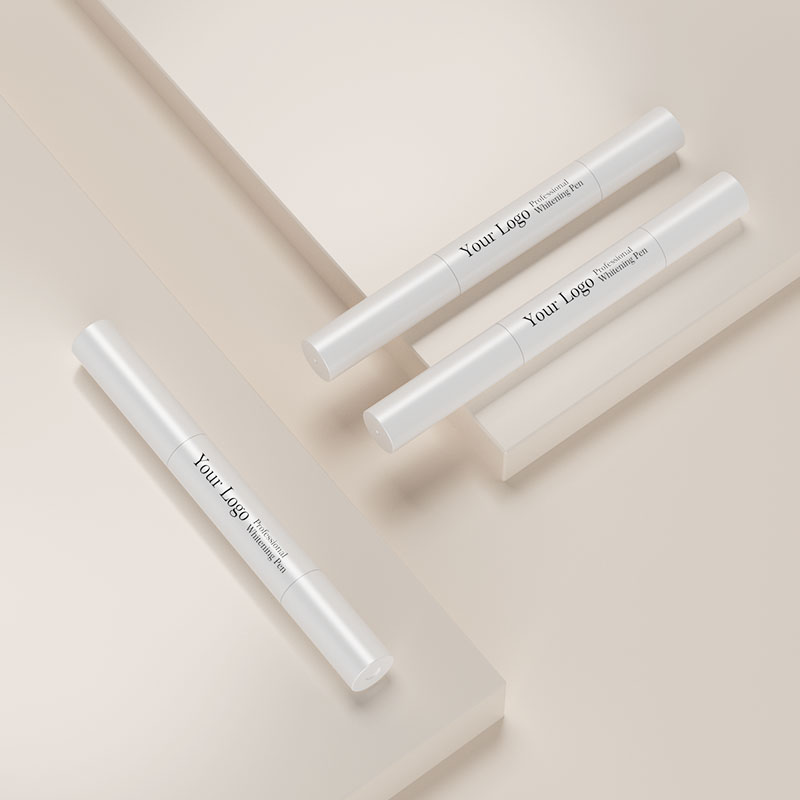
Customization Teeth Whitening Gel
.jpg)
Florida Electric Toothbrush – Powsmart PTR-C8
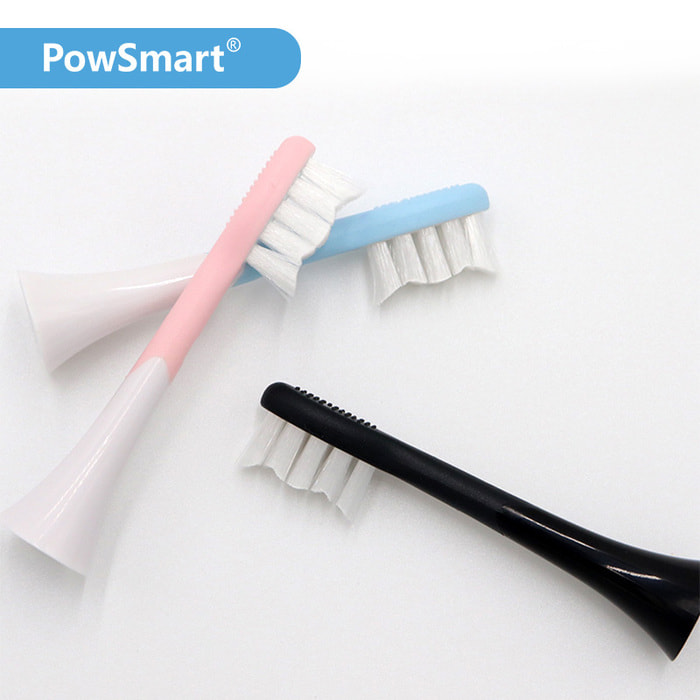
electric toothbrush heads Ultra Soft
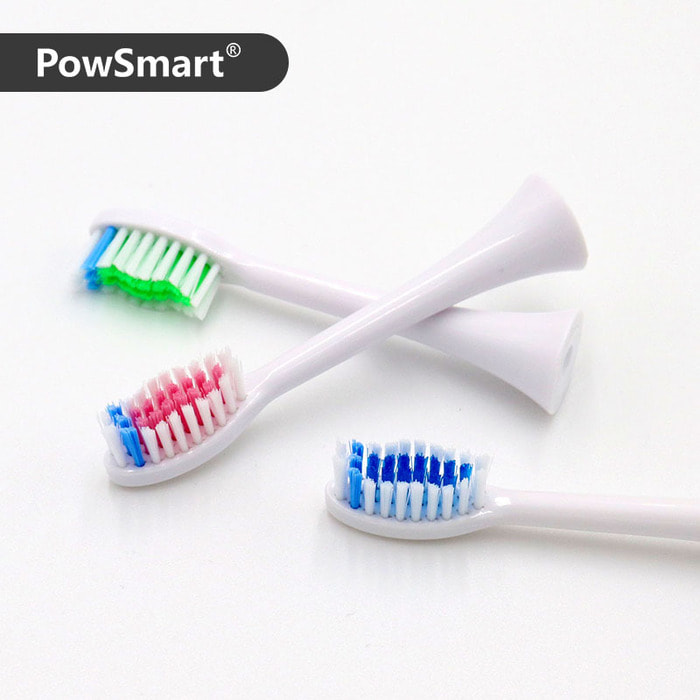
electric toothbrush heads Regular Clean
whstapp
whstapp
National Toll-Free Service Hotline
+86 755 86238638